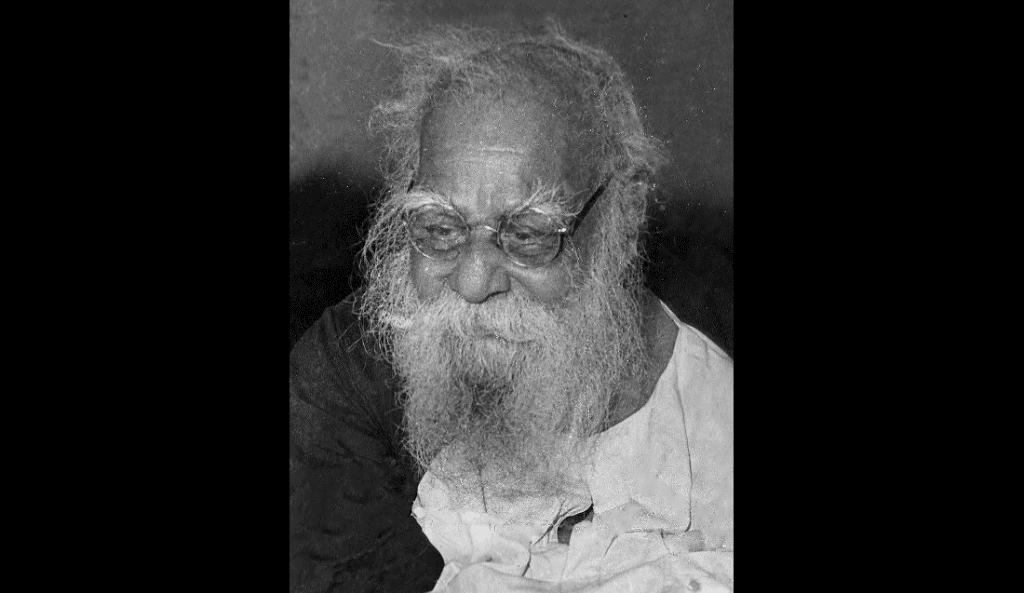One of the more famous Indian atheists in history is Erode Venkatappa Ramasamy, better known as Periyar. Before he died in 1973, he was known for challenging the caste system, fighting the oppression of women, and demanding equality for all. He said religion contributed heavily to those problems and openly declared his disbelief in God.

He remains controversial. Statues of him have been vandalized in his home state of Tamil Nadu.
Recently, however, there was a different sort of challenge to his legacy.
Underneath some of the statues of Periyar that remain up today, there are inscriptions that describe his views on God:
There is no god.
There is no god.
There is no god at all.
He who invented god is a fool.
He who propagates god is a scoundrel.
He who worships god is a barbarian.
Say what you will about him; the man didn’t pull any punches.
Those inscriptions, however, offended a man named Dr. M. Deivanayagam, who filed a lawsuit demanding the removal of those messages, saying that they were offensive and against the “universal God.” He also suggested Periyar never said such a thing because he was a humanist, not an atheist. As if there’s a difference.
All of that’s hard to believe given that Periyar was alive when a statue with the inscription was unveiled. Apparently, we’re supposed to believe he just let that slide even if it was wrong… Also, there’s no shortage of transcripts of his speeches in which he openly denounced religion. Are we supposed to believe he wasn’t really an atheist? Also, who cares if people are offended by a pronouncement of atheism?
Thankfully, the Madras High Court threw out that challenge this week. They argued that there’s no doubt Periyar believed that inscription, and there’s no reason it should be removed just because some people might not like it.
Mentioning numerous examples from previous judgments by the Supreme Court and the High Court itself, the judges stated, “If the petitioner has a constitutional right under Article 19 of the Constitution of India, to express his views on religion and existence of God, …we are of the view that…followers of Thanthai Periyar, in exercise of the rights under Article 19 of the Constitution of India, has a right to disagree with the same.”
The court further held that there is no doubt that Periyar himself was an atheist, based on his writings and speeches. “Thanthai Periyar believed in what he said, and there is nothing wrong in having his views inscribed in the statues,” the court order read, adding that [Dravidar Kazhagam, the successor of a political party founded by Periyar] has the right, under the Constitution of India, to express views on religion and existence of God.
What a relief. The decision, which you can read here, includes several excerpts from Periyar’s speeches in which he denounced faith as evidence that he undoubtedly agreed with the atheistic views attributed to him.
They also quoted an older court case in which judges said this:
Even today, here and there, diehards may be found in our country who are offended by [the] writings [of great but controversial thinkers] but no Government will be antediluvian enough to invoke the power to seize their great writings because a few fanatics hold obdurate views on them.
It’s a defense of free speech, a victory for atheists, and a win for history.
Thank goodness.
(Image via Wikipedia)




It’s Moving Day for the Friendly ..."
It’s Moving Day for the Friendly ..."
It’s Moving Day for the Friendly ..."
It’s Moving Day for the Friendly ..."